The Coming Zombie Startup Apocalypse
This is going to be BIG.
MARCH 30, 2015
Will this bubble also end in a blaze of glory with companies shutting down left and right in a massive startup apocalypse? Would you be surprised to know that almost half of the dot com companies founded when the boom started in 1996 were still around in 2004--four years after the peak of the NASDAQ?


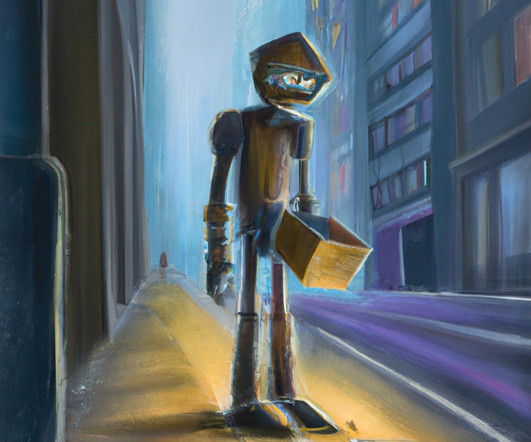

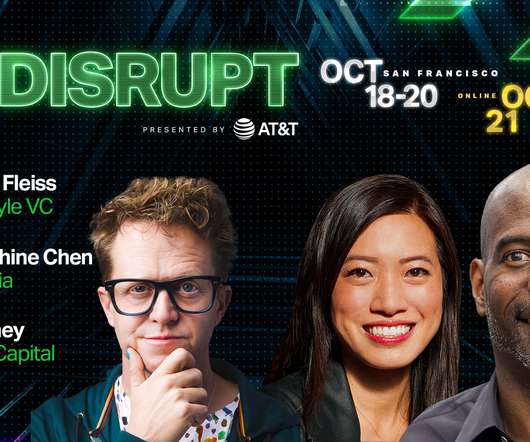



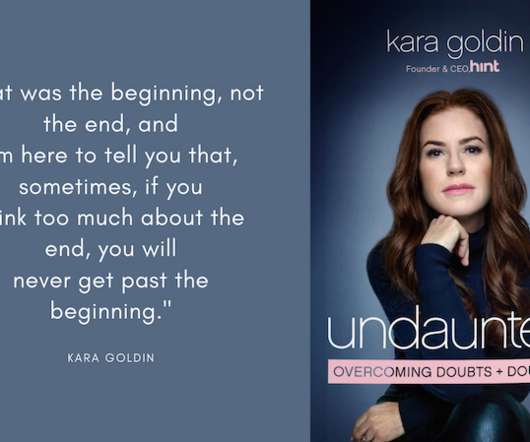
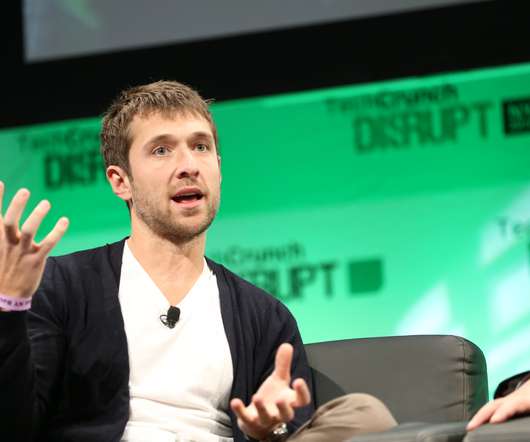


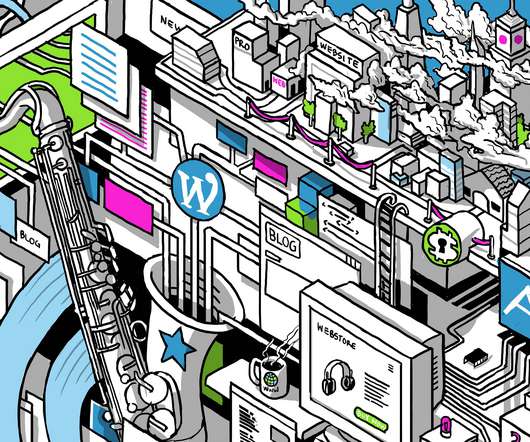

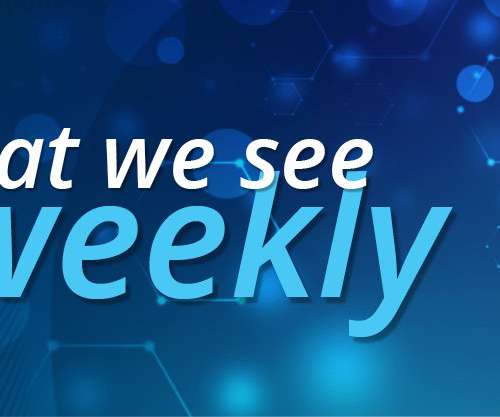








Let's personalize your content